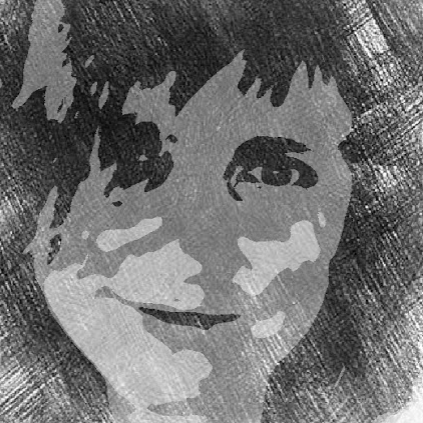

In ten years’ time, a European network of superfast floating metros is to be constructed which will travel through magnetic fields in a vacuum tube system. This will replace flights within Europe, thus drastically reducing energy consumption and CO2 emissions. This was demonstrated on Thursday during the unveiling of the latest test results of vacuum train Hyperloop, which is currently being developed by the Delft-based company Hardt. The results showed that they are now able to switch the vehicle from one tube to another.
The high speed is achieved because there is no air in the tubes and there is no contact with rails and the vehicle. This combination of the lack of resistance and the propulsion by magnetic fields means that speeds of up to a thousand kilometres per hour are possible.
Energy efficient
The interior design of the vehicle looks like the interior of a regular high speed train. The tube through which it is to float looks like a large steel sewer pipe. Now the idea is to create a network of these tubes both over and underground that will run through the whole of Europe and connect the major cities. This way it should be possible to travel from one European city to another within a few hours.
You can find more stories about hyperloop experiments here
The advantage of this vacuum train over air and train traffic is that it consumes much less energy and that CO2 emissions are much lower. Moreover, according to the Hardt model, there will be no delays or accidents, for instance because there is no interaction with other types of traffic. The Hyperloop, for example, does not have to deal with busy crossroads or inconveniences caused by extreme weather conditions such as heavy snowfall that obstructs the road network. The network is expected to be operational in 2028 and will initially only be used for the transport of goods.
Political support
During the festive meeting on the campus of TU Delft, Transport Minister Cora van Nieuwenhuizen, EU Transport Commissioner Violeta Bulc and chairman of the technology industry association FME, Ineke Dezentjé-Hamming, expressed their support for the project.
They would not have been able to imagine receiving this from this high-ranking government delegation four years ago, when they started the project, says CEO and co-founder Tim Houter van Hardt.
Houter, 26 years old, halted his mechanical engineering studies at TU Delft in 2015 to take part in the Hyperloop Pod Competition competition organised by engineer Elon Musk, director of Tesla and SpaceX, amongst others, to invent a vacuum tube system that resembles the tube post system used by banks to transport money. “The idea already existed in 1800,” says Houter. “But the need to save energy and reduce CO2 emissions has only now made its development a matter of urgency.”
Elon Musk
Inventors from all over the world took part. But Houter and his group of fellow students with whom he had previously worked on the design of an electric racing car won the competition.
They then continued under the name ‘Hardt Hyperloop’ with the help of financial contributions from professional investors such as Eindhoven-based InnoEnergy, which invests EU money in technical innovations. Gregory van der Wiel, a well-known Dutch footballer, also joined the team at an early stage. Companies in various European countries such as Tata Steel, Royal BAM Group, Busch, Continental, ABB and Prysmian Group all contribute to Hardt Hyperloop.
“A project like this can only succeed if you take a European approach,” according to FME chairman Ineke Dezentjé-Hamming, during the round table discussion on the Hardt Hyperloop with European Commissioner Bulc and Transport Minister Van Nieuwenhuizen.
CNN Travel
The fact that Hardt’s latest test results have attracted worldwide interest in this new form of transport is also shown by a phone call that Houter received from the US. The American news channel CNN was interested to learn how the floating metro will work. “It was just CNN Travel,” says Houter. In other words, the travel editorial team. But still, the first steps of the Delft student company Hardt on the world stage have now been definitively taken. That is clear.


